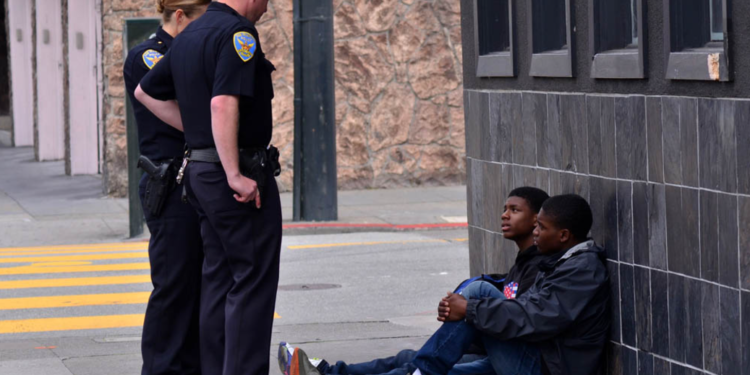Nov 25, 2024 Story by: Editor
Black residents of Boston are significantly more likely to face involuntary hospitalizations during mental health emergencies compared to their white counterparts, according to a new study. The findings highlight systemic disparities in the use of emergency mental health interventions and call for reforms to reduce reliance on police involvement.
Under Massachusetts law, commonly referred to as “Section 12s,” clinicians or police officers can initiate the process if an individual is deemed a danger to themselves or others. This triggers local EMS and police to transport the person to a facility for evaluation, potentially leading to up to three days of involuntary commitment.
The study revealed that over 40% of nearly 500 requests by healthcare providers for such hospitalizations in Boston were for Black individuals, even though they comprise less than 25% of the city’s population. Alarmingly, three out of four of these requests were made by clinicians who had not personally assessed the individuals involved.
Traumatic Impact of Section 12
“Even when Section 12 apprehensions are done well, they’re still traumatic, right?” said Melissa Morabito, a criminology professor at UMass Lowell and co-author of the study. “This is still a really bad day for anybody, even if everything goes right. And so I think we want to make sure that involuntary apprehensions and detention are used as little as possible.”
Dr. Kevin Simon, Boston’s chief behavioral health officer, and a psychiatrist, noted the findings align with previous studies indicating that Black individuals are disproportionately subjected to involuntary hospitalizations.
“We’re recommending more persons who are BIPOC to have these emergency evaluations, emergency transports,” Simon said. He emphasized that police involvement is necessary under current laws, although the process remains fraught with challenges.
Police Role in Mental Health Crises
Following the racial justice protests of 2020, the Boston Police Department restructured its approach. Beginning in 2021, the department’s street outreach unit now responds to mental health-related calls instead of patrol officers.
Despite these changes, some advocates, like Earl Miller of Wildflower Alliance, question the involvement of armed police in mental health emergencies. “I don’t understand how inviting a person with a gun to that situation is somehow going to de-escalate it in any regard,” he said. Miller, who was involuntarily hospitalized in his youth, believes such interventions often neglect the root causes of crises, such as housing insecurity or lack of food.
Legal Gaps and Systemic Issues
Massachusetts law permits individuals to be held for up to three days following a psychiatric evaluation. However, delays in hospital admissions often result in prolonged detentions in emergency rooms, effectively extending the period of involuntary confinement.
“This is basically involuntary detention with no time limit,” said Karen Talley, director of mental health appeals for the Committee for Public Counsel Services. She advocates for legal reforms to ensure timely evaluations and counsel for detained individuals.
Simon acknowledged these systemic flaws, stating, “The police at times have to be engaged — again, legally. And so us helping explain this and uncover certain things, again, is about: How can we improve the system?”
Recommendations for Change
The study underscores the need for better training, alternatives to involuntary institutionalization, and stricter implementation of personal examination requirements for Section 12 requests. Morabito and Simon are conducting further research to examine how many cases result in long-term institutionalization and to identify patterns that could inform policy changes.
Talley called for actionable reforms, stating, “If there is going to be a Section 12, the personal examination requirement [needs] to be implemented.”
The study, commissioned by the Boston Police Department, sheds light on the disproportionate impact of emergency mental health interventions on Black residents and highlights the pressing need for systemic change. Source: GBH
















